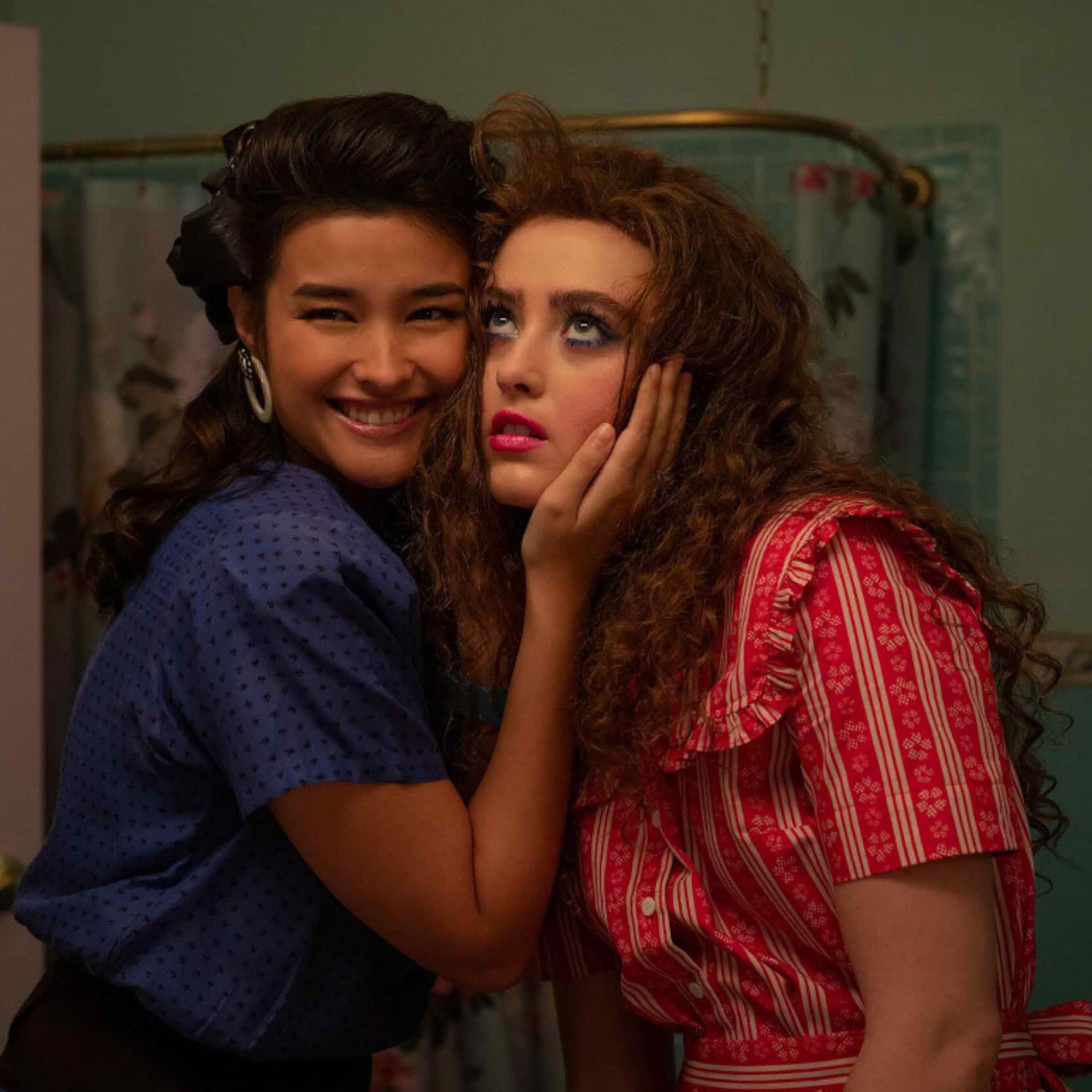Teenage angst, neon nostalgia, and undead delights take in with Lisa Frankenstein in this sure-to-be cult classic for Valentine’s Day, with a breakout performance by Liza Soberano
What do you get when you combine angst, horniness, some Beetlejuice fashion, Death Becomes Her camp, and Heathers-like dialogue? Why, dig up her grave and add some weird green lightning magic, and you get Lisa Frankenstein—and so much more, like a standout performance by Liza Soberano. Written by Oscar-winner Diablo Cody (of Jennifer’s Body and Juno fame) and directed by first-timer Zelda Williams (daughter of the late Robin Williams), it’s a film that goes off the rails in a manner of minutes, hurling viewers into larger-than-life antics set against the neon-soaked backdrop of the ’80s through the manic escapades of a teenage goth girl.
RELATED: Liza Soberano and Enrique Gil Make Their Movie Comeback 5 Years Later
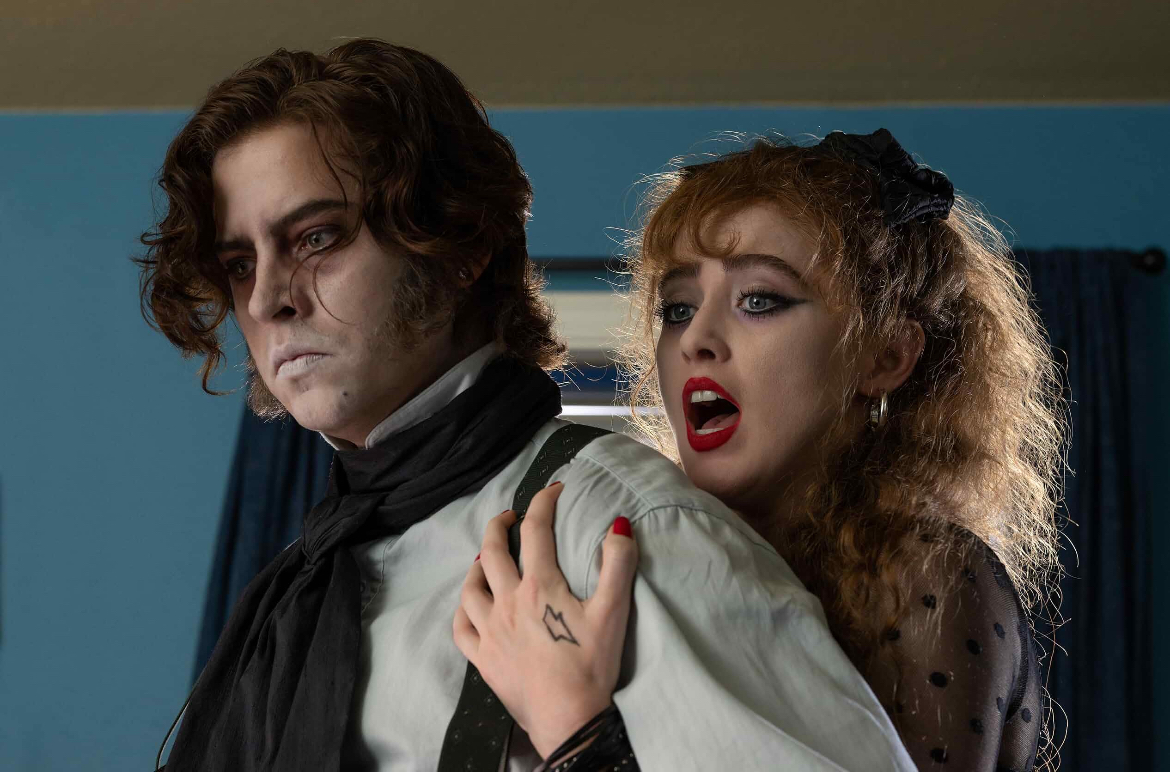
Kathryn Newton grunts and mumbles her way in fantastic goth fashion reminiscent of the soap opera-turned-film Dark Shadows with a twist on the exaggerated aesthetic of the ‘80s, forever resurrected any way it can be revived. Like Cole Sprouse’s undead character, this aesthetic takes on a myriad of influences that ups the ante a few notes higher, and all for the better. It works, and it works well. Lisa Swallows—can you believe her name?—is swathed in lace that speaks to her romantic inclinations, polka dot sheers that tantalizingly showcase her assets, and bows because, well, she’s just a girl. As do most tongue-in-cheek coming-of-rage movies like The Craft and Mean Girls, Lisa’s fashion gets more elevated in a way teenagers can express their forming personalities: incredibly obnoxious. And we love it anyway.
RELATED: Coquette Aesthetic With Kim Chiu, Anne Curtis, and Gabbi Garcia
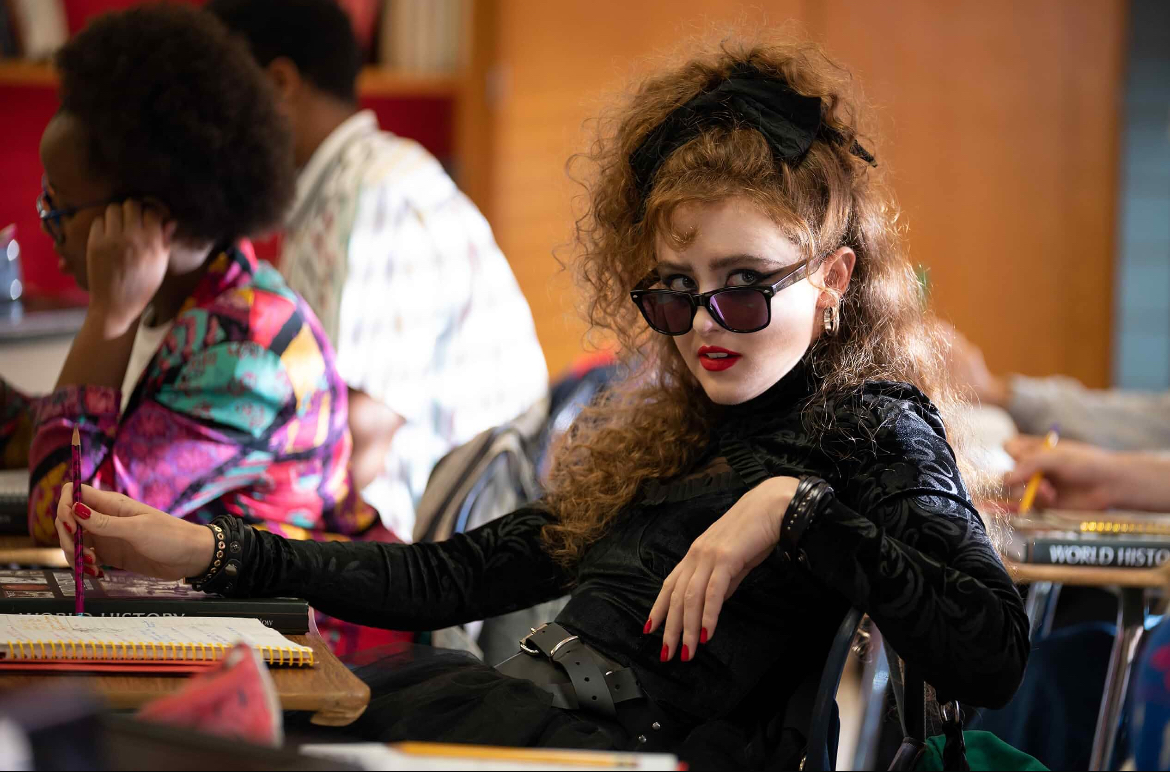
Beyond her fashion sense, it’s Lisa’s deadbeat personality and sharp-witted demeanor that draw viewers into her downward spiral, all too understandable in the wake of her mother’s recent passing and her father’s whirlwind remarriage. Yet, Newton breathes life into Lisa, eschewing fatigue or irritation, and instead infusing her with an energy that’s not only entertaining, but deeply relatable.
Lisa embodies the typical archetype of the social outcast, devoid of friends and grappling with the weight of her insecurities. Her desire to shed her virginity not to a stereotypical jock, but to the editor of the school paper—a figure whose attractiveness rivals that of any athlete—adds a layer of complexity to her character. And yet, in the hands of Newton, Lisa escapes the limitations of her circumstances, delivering a performance that will be appreciated long after the credits roll.
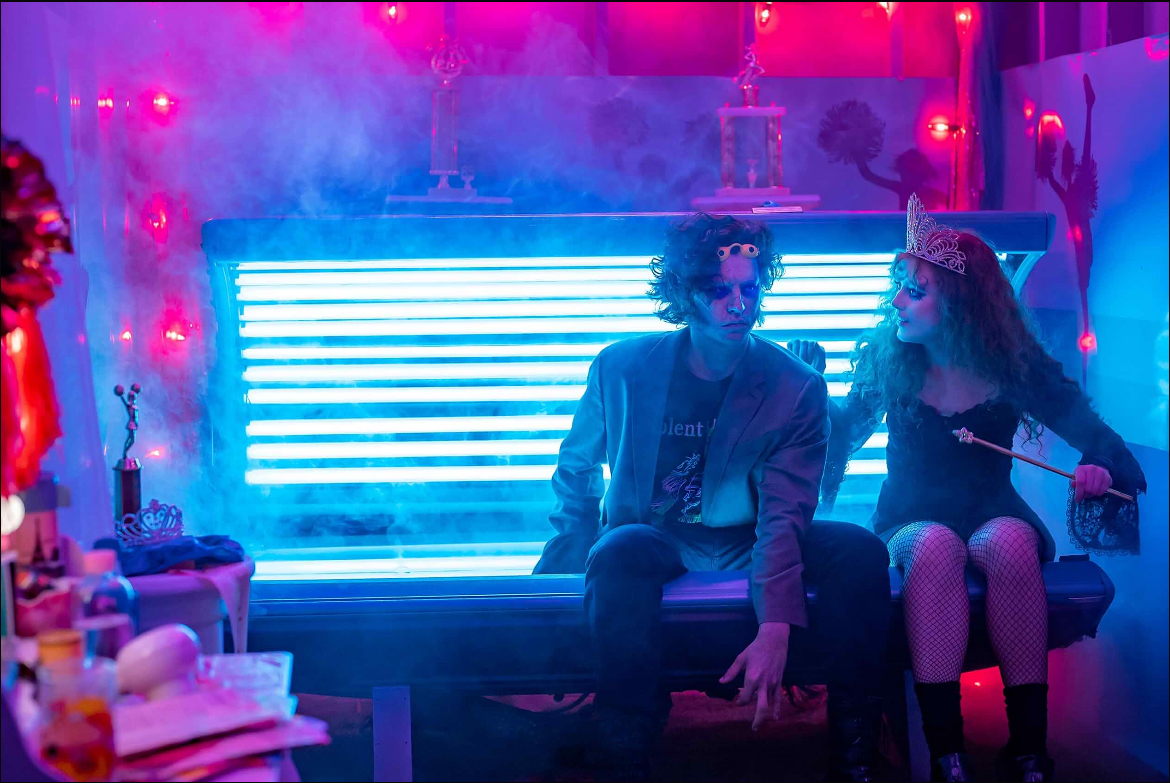
Supporting our lead is her father, whose lightbulbs are so dimmed it might as well have been off. Carla Gugino steps into her role as the evil stepmother, a role we always wanted her to play so badly. Meanwhile, Lisa’s undead corpse doll is played by Cole Sprouse in a non-speaking role and carried only by his actions, with his memeable quote from Riverdale (“I’m a weirdo”) coming to life. And, of course, the highly anticipated Hollywood role of Liza Soberano, her character becoming the surprise breakout star of the film.
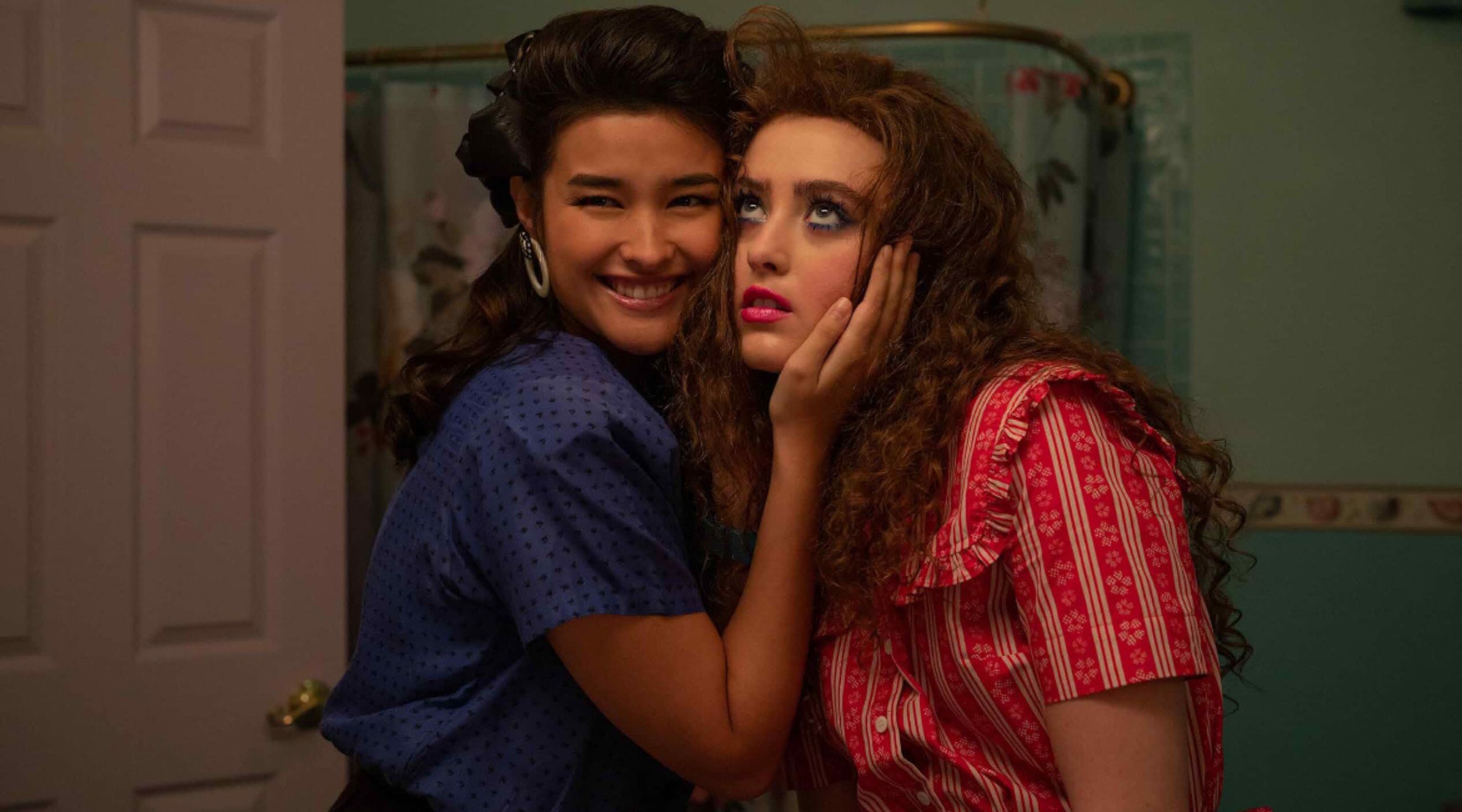
Taffy, or Laffy Taffy she is sometimes called, sparks the antithesis of the mean girl. In the ‘80s, teenage movies are filled with stereotypical mean girls and bully jocks, often going above and beyond necessary to cruelly provoke and prod our lead to succumbing to pain they will undoubtedly carry with them for the rest of their lives. Taffy represents a departure from this norm; a reflection, perhaps, of the evolving attitudes of modern society.
In contrast to the exaggerated cruelty of her cinematic predecessors, Gen Z “mean girls”—no matter the film setting—exhibit a different kind of demeanor, and Taffy mirrors this shift. Soberano carries this character with gusto, captivating and magnetic in her character, that she explodes with charisma in every emotion she exudes. You will wonder whether the help of a Hollywood production, or at least a high-value production where creativity through the help and support of their company, really emphasizes the talent of an artist—and this is proof that it does.
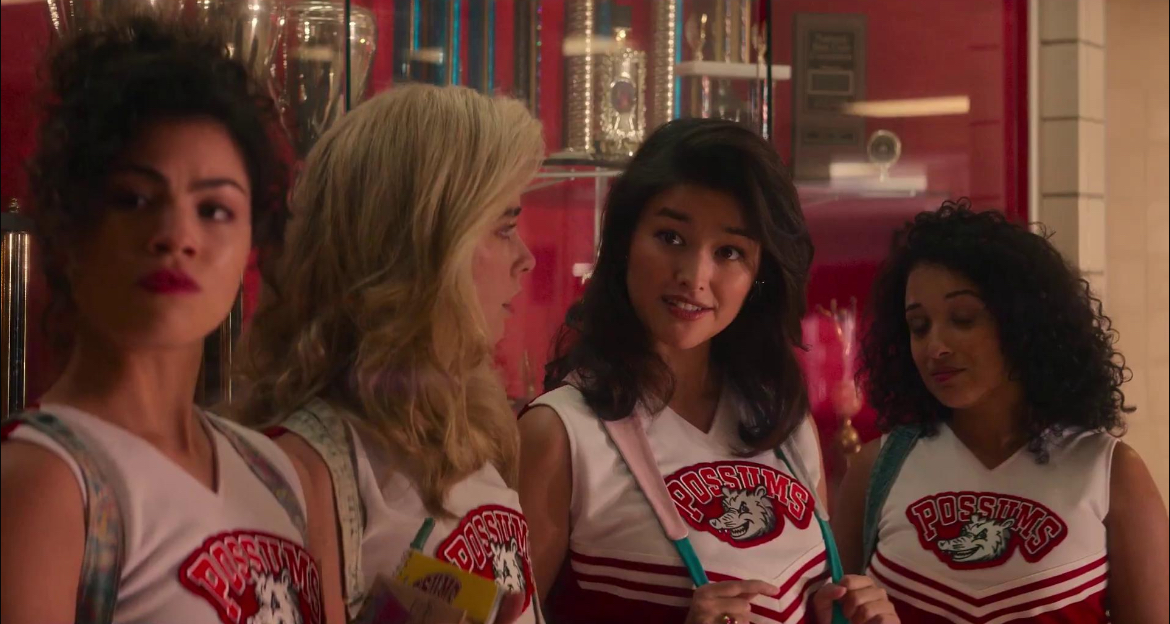
Cody’s writing surprises again, pursuing its genuinity with humor, relentless in action through reflection. “Time doesn’t heal wounds,” Lisa says. “Time is the wound.” We know the adage, but this takes on another perspective in which time brings our father from the good memories we still yearn for in our feelings. Cody still captures the heart of the angsty girl that you’d wonder if it ever goes away. Maybe we’re all, and always will be in some capacity, teenage girls.
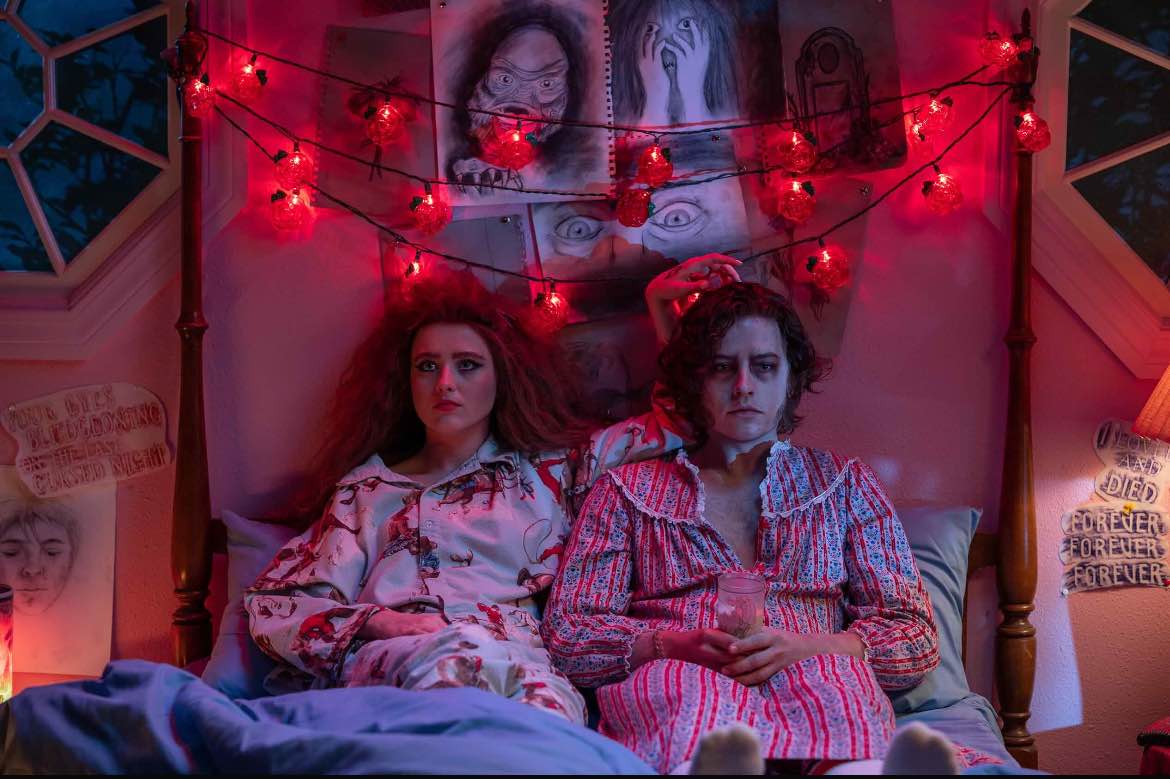
Behold, from the depths of the coming-of-rage graveyard, arises Lisa Frankenstein. This gloriously unhinged concoction resurrects sticky hairspray, red lips, and soft rock, reveling in its own delicious absurdity. Williams strikes with her directorial debut, Cody snaps with spiky dialogue, and Soberano shines brighter than a neon-lit room, electrified in every scene like a tanning bed waiting to get turned to ultra setting. Her presence burns, but never diminishes; a fire that refuses to be set out. Hollywood has found a star in their hands, and she shall not be missed.
Photos and Featured Image: FOCUS FEATURES
